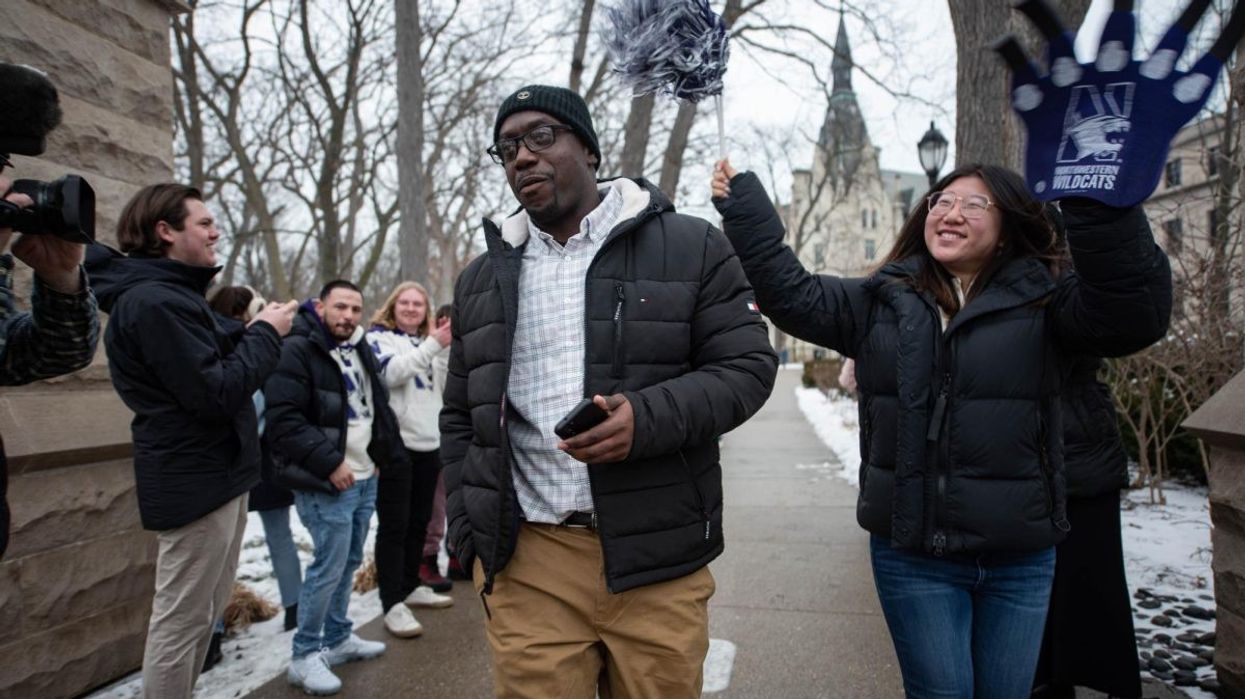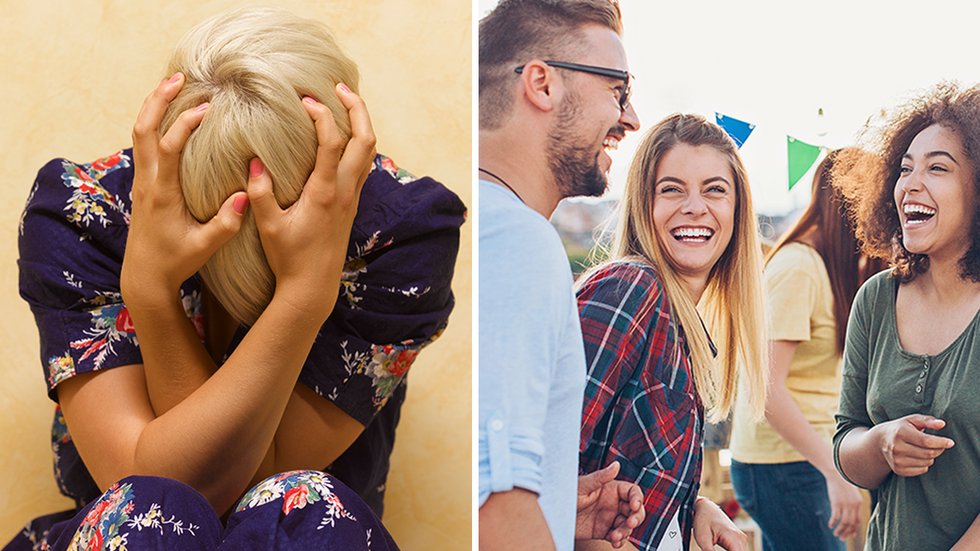
What is Social Anxiety Disorder? Signs and Solutions
Feeling anxious is a necessary, although uncomfortable, part of being alive.
When you feel symptoms of anxiety, it’s your brain’s natural response to stressful, scary, or threatening people, places, and things. This accurately named stress response (which includes an adrenaline rush) can help us when we need to increase our alertness or energy levels to fight or flee in certain situations that may be particularly dangerous.
However, if your anxiety levels are getting out of control and causing problems when you’re around other people who pose no real or significant threat to you or those you love, you may have a mental health condition called social phobia or social anxiety disorder.
What are social anxiety disorders?
Social anxiety or social phobia (fear) refers to the experience of feeling intense fear and anxiety in response to social situations and events. You may feel worried about being judged or about embarrassing yourself (ie., a fear of rejection). You may even be worried that if you get too close to others in social situations, they’ll figure out who you really are and will not like you.
Think back to moments where you’ve been faced with meeting new people, introducing yourself to a new group, or mingling by yourself at a social gathering. Surely you can find one example where you’ve felt even a little unnerved!
These feelings may stem from underlying beliefs you may not know you have because they were planted and took root at such a young and tender age. Later in life, something like a previously implanted belief that people are not trustworthy can trigger or influence these feelings of social anxiety (and understandably so!).
These feelings can be felt both mental and physically.
Physical symptoms of social anxiety
Social anxiety symptoms can feel like:
- Heart racing
- Muscle tension including jaw clenching or shoulder scrunching
- Stomach upset, nausea, or digestive dysfunction (constipation or diarrhea)
- Shortness or shallowness of breath
- Dissociating or feeling like you’re outside your own body
For some people, the exact social situations that trigger their underlying social phobia may be very specific and select. For example, you may know someone who is comfortable and outgoing with you but who seems to start crumbling under some unseen pressure when faced with groups of three or more people.
For others, they may be perfectly comfortable with your entire extended family but refuse to enter a restaurant. Everyone’s mental health experience is unique to them. You can read through some mental health quotes to get a better understanding of what your loved one may be experiencing when they have anxiety and other mental illnesses.
More on social anxiety disorder
Mental health disorders like social anxiety is more than just shyness and can be triggered into social anxiety disorder in any of us, regardless of age, gender identify, biological sex, or health conditon.
Social anxiety disorder refers to the point where social anxiety is actively interfering with everyday functioning. Some people are more likely to experience it than others. Fifteen million Americans have social anxiety disorder with more than 75% experiencing their first symptoms in childhood and the early teen years.
Over time, social anxiety disorder can lead to many missed opportunities. If you have avoided things like job interviews or promotional opportunities, your social anxiety may have already been present for months or years. Don’t self-diagnose and try to “get over it.” Social anxiety disorder is a medical condition that requires treatment in order for you to get better.
Who is more prone to developing social anxiety disorder?
Some people are more likely to have social anxiety and are more susceptible to developing mental disorders, including substance abuse disorder.
You are more likely to develop social anxiety and a social anxiety disorder if you are exposed to environmental factors (like if you have any family member with anxiety disorders, or any other mental health disorder). While it’s known to run in families, researchers have yet to pinpoint the cause. Likely, it’s both genetic and environmental to different degrees in every case.
For example, having a parent with social anxiety disorder (especially if it’s untreated) may affect you in different ways.
You do not know the difference in their behavior compared to other parents until you start comparing with school friends and peers. You essentially grow up thinking the way they react to things and behave in the world is the “normal way.”
A parent with social anxiety disorder may not be well enough to safely cope with bringing you to certain social events like public play groups or birthday parties. This means you may miss out on healthy socializing during those stages and may in turn begin exhibiting signs of social anxiety.
Why do you have social anxiety?
Even if someone in your family has social anxiety, it’s not their fault if you have it, too. With mental illness, there is never just one cause and it’s difficult to give an origin story to your anxiety because there are so many factors involved.
The National Institute of Mental Health says:
- Several parts of the brain are involved in fear and anxiety
- Misreading other people (body language, tone, intention, etc). may contribute to social anxiety
- Having underdeveloped social skills or being socially different can also play a role in people feeling discouraged about talking to others
We also know that many environmental and other factors can contribute to social anxiety disorder, including:
- Bullying
- Chronic stress
- Family conflict
- Sexual abuse
- Certain trauma or phobias
- Other anxiety disorders
- Serotonin and other hormonal imbalances
Brain imaging scans have determined that certain mood-regulating hormones like serotonin and overactive brain parts like the amygdala can contribute to this or cause social anxiety disorder.
Diagnosis of social anxiety
While there is no blood test to tell you for sure if you have symptoms of social anxiety disorder, you may already have some suspicions due to symptoms.
With your symptoms in mind, you can take an online anxiety test or mental health assessment (not a diagnostic tool). These unofficial quizzes can help you get a better sense of your core symptoms and to what degree social anxiety is creating problems so you can more accurately communicate these things in a way your doctor can understand.
You may even want to print out or take a screenshot of your results and bring them to your appointment or have them handy to refer back to during the session. Symptoms of social anxiety disorder include:
- Blushing
- Nausea and feeling sick to stomach
- Vomiting
- Excessive sweating
- Trembling and shaking
- Dizziness
- Lightheadedness
- Excessive and intrusive, intense worrying about social situations
- Chronic worrying before events (even months in advance)
- Avoiding people or social settings
- Focusing obsessively on how you’re being perceived (living life outside your body as a judge)
- Skipping school or missing work
- Avoiding basic public setting events like shopping in grocery stores, eating in public, or using public restrooms
- Not sleeping or restless dreaming
Talk to a mental health professional or doctor about all your symptoms (including if your social anxiety worries are keeping you up at night) to get an accurate diagnosis.
Your doctor will make a diagnosis after considering how your symptoms compare to those listed in the Diagnostic and Statistical Manual of Mental Illness. If you want to see what they’ll be using to assess your symptoms, here are the main criteria for this clinical anxiety disorder:
- Marked fear response or anxiety about one or more social situations in which the individual is exposed to possible scrutiny by others. Examples include social interactions (e.g., having a conversation, meeting unfamiliar people), being observed (e.g., eating or drinking), and performing in front of others (e.g., giving a speech). Note: In children, the anxiety must occur in peer settings and not just during interactions with adults.
- The individual fears that they will act in a way or show anxiety symptoms that will be negatively evaluated (i.e., will be humiliating or embarrassing; will lead to rejection or offend others).
- The social situations almost always provoke fear or anxiety. Note: In children, the fear or anxiety may be expressed by crying, tantrums, freezing, clinging, shrinking, or failing to speak in social situations.
- The fear or anxiety is out of proportion to the actual threat posed by the social situation and to the sociocultural context.
- A chronic mental health condition like this can mean that social situations are avoided or endured with intense fear or anxiety.
- The fear, anxiety, or avoidance causes clinically significant distress or impairment in social, occupational, or other important areas of functioning and is persistent, typically lasting for 6 months or more.
- These feelings are not the result of the physiological effects of a substance (e.g., a drug of abuse, a medication) or another medical condition and isn’t better explained by the symptoms of another mental disorder, such as panic disorder, body dysmorphic disorder, or autism spectrum disorder.
- If another medical condition (e.g., Parkinson’s disease, obesity, disfigurement from burns or injury) is present, the fear, anxiety, or avoidance is clearly unrelated or is excessive.
Aside from looking at those diagnostic criteria for social anxiety disorder, your healthcare provider should order some general lab tests as a precaution for ruling out any other mental health concerns that could be causing your symptoms. When it comes to social phobia in particular, though, the symptoms of anxiety typically have a pretty clear trigger, so it may make treatment a bit more straightforward (but not always).
People with social anxiety may experience symptoms of anxiety at the thought of making a phone call to book an appointment to go into a public place such as a doctor’s office. If it helps, you can find an online telehealth provider so you can access your appointment remotely from the security and safety of a private setting.
After you get a diagnosis, your doctor will begin talking to you about treatment. You should know the sooner you start any treatment, the closer you are to finding what works.
Social anxiety treatment: How to treat social anxiety disorder the right way)
There are so many avenues for treating social phobia and symptoms of social anxiety that you will need to decide what you are and aren’t comfortable with and willing to try. Whatever you decide, choosing no treatment is not a good option for your mental health. People with social anxiety who avoid treatment are risking their disorder getting increasingly worse.
Main methods of treating social anxiety disorder include the following.
Psychotherapy
Psychotherapy such as cognitive behavioral therapy (CBT) can help in treating social anxiety disorder. This is not a quick fix or a one-time treatment but committing to the treatment plan can give you great insight and empower you to explore different ways of thinking, behaving, and reacting to social situations. This can help you feel less symptoms of anxiety including fear.
You can find registered counselors, mental health therapists, trained peer specialists, and psychiatrists who practice CBT in-person and online through telehealth appointments. Choose which option you feel most comfortable with.
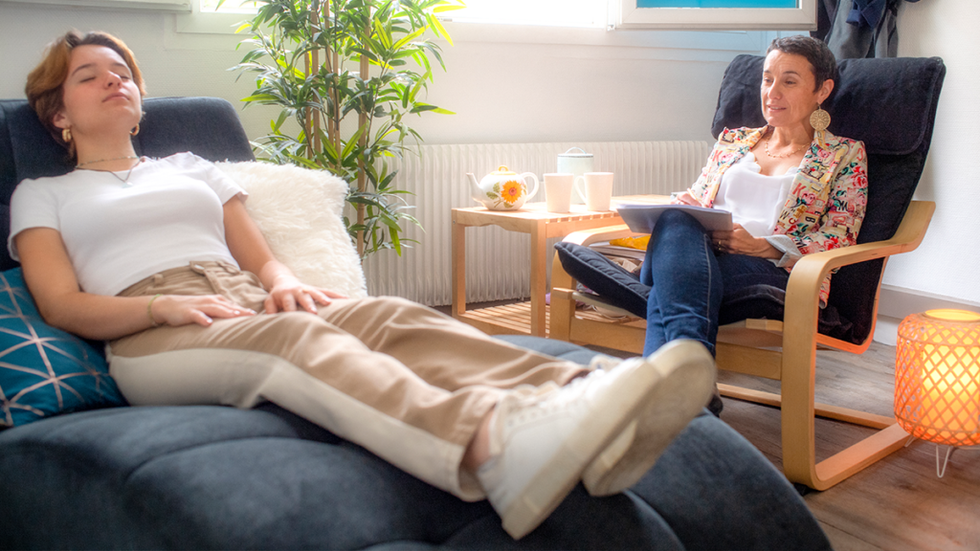
Your therapist may also discuss Exposure Therapy where you gradually work your way into facing your fears as a way of resolving them.
Medication
When anxiety starts interfering with your daily functioning, your doctor may suggest medications that can help reduce symptoms of anxiety. Mental health medications like antianxiety medications and antidepressants can help you cope with symptoms of illness but they do not cure mental illnesses.
If you have tried any mental health medications in the past, it’s important to let your doctor know. Many of these medications work on similar brain chemicals, and any information about past use can be helpful for when your doctor chooses the best option to try first.
Don’t get discouraged by the word “first.” Many people will need to trial a few different mental health medications before finding their perfect match. Your perfect patch may not be the same as another person with social anxiety. What’s right for you is ultimately the medication that makes the most positive improvement with the least amount of side effects.
Mental health medications commonly prescribed for social anxiety disorder include:
- Traditional anti-anxiety medications like benzodiazepines (typically prescribed for short-term or on-the-spot momentary relief
- Newer options like SSRI antidepressants (a longer-term anxiety solution)
- Beta blockers that can block physical symptoms of anxiety
Four of the most commonly prescribed benzodiazepines include:
- alprazolam (Xanax)
- clonazepam (Klonopin)
- diazepam (Valium)
- lorazepam (Ativan)
Anti-anxiety medications (e.g. benzodiazepines of any brand) are habit-forming and are said by the American Academy of Family Physicians to lose their effects after 4 to 6 months of regular use.
You can also experience serious withdrawal symptoms (including rebound anxiety that can be worse than the original issue) when you try to stop, which is why you should only do so under the guidance of your prescribing healthcare professional.
Support Groups (Online and In-Person)
Support groups are safe spaces where you have a chance to receive honest and unbiased feedback about how others see you. While this may sound scary, it’s a way of actually hearing from others what they think, rather than sitting in your head in a social situation and assuming.
This type of internal dialoguing can prevent you from forming real bonds with other people. Support groups help you face that fear and find out that the truth is really never as bad and if negative feedback and emotions arise, you’re in the perfect place to deal with them.
Other support resources:
- Anxiety and Depression Association of America 240-485-1001 www.adaa.org
- Freedom From Fear 718-351-1717 www.freedomfromfear.org/
- National Institute of Mental Health 866-615-6464 www.nimh.nih.gov
- National Suicide Prevention Lifeline 800-273-TALK (8255) www.suicidepreventionlifeline.org/
Holistic treatment changes
The National Institute of Mental Health says that a “healthy lifestyle can also help combat anxiety.” This means getting enough sleep and exercise, eating a balanced diet rich in fresh, colorful foods, and reaching out to support networks and available resources to help yourself get better.
When you begin making changes to combat social phobia, it can be additionally difficult because, for example, it’s not like you want to go to a crowded gym or park to exercise. There are ways around these mental health hurdles and personal barriers until they come down naturally as you begin to see the impact of holistic treatment.
Social anxiety and holistic treatment
Rather than rely on one method of treatment and hope for the best, a person with social anxiety disorder and other types of mental health conditions are best served with the holistic or combination approach.
Holistic treatment considers the whole person: body, mind, and spirit or soul.
This may look like you are seeing a general practitioner, a counsellor, a yogi master, and a dietician or it may look like making sure you are taking your medications, walking more frequently, and avoiding fast food while trying to keep a consistent sleep schedule.
Whatever path you take, know that every little step adds up to a healthier you both in the short term (right now) and longer term (meaning you won’t miss out on stuff because of social anxiety).
Alternative options include:
- Avoiding caffeine in soda, chocolate, coffee, tea, etc. because it can rev up your anxiety
- Skipping the alcohol - alcohol-induced anxiety can last for several hours or even a whole day after drinking
- Avoiding drugs like cannabis that can cause heightened anxiety and stress (even in youth)
- Doing some deep breathing exercises or practicing mindfulness which can reduce anxiety and stress and improve sleep
A final word
If you see yourself in the signs and symptoms of a social anxiety disorder, talk to your doctor, counselor or health care provider. They can provide medical advice that is truly valuable, and when something isn’t right, you deserve the same type of support as anyone experiencing any other health problem.
Advocate for your needs or enlist the help of someone else. Remember that anxiety is not your fault. Treatment, however, is possible, is in your hands, and is ultimately under your control. You got this!















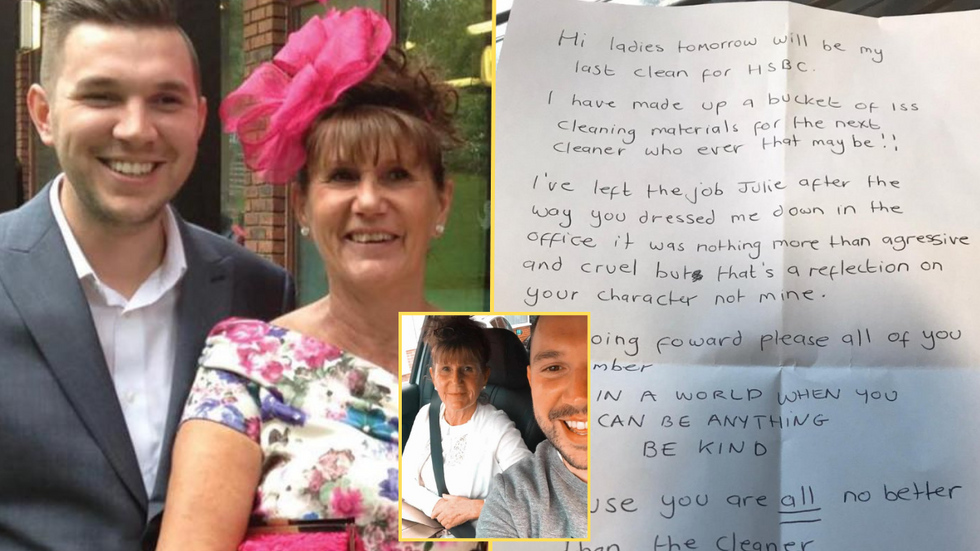


 white rose on black textilePhoto by
white rose on black textilePhoto by 



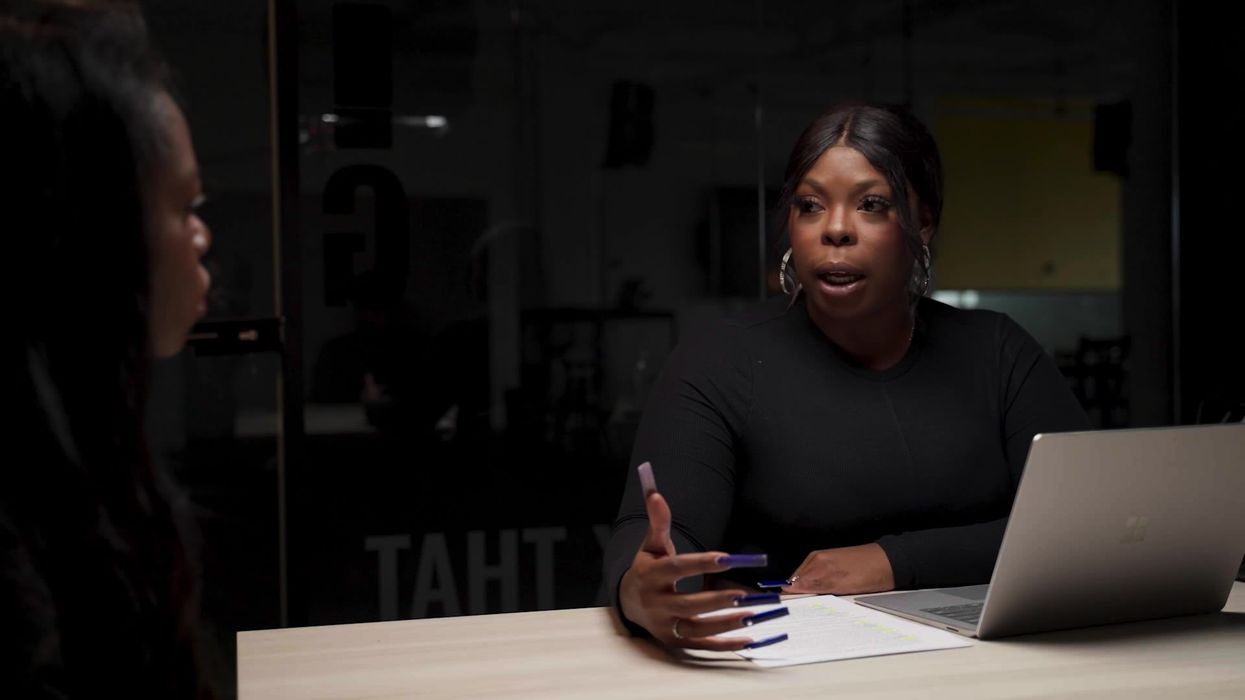








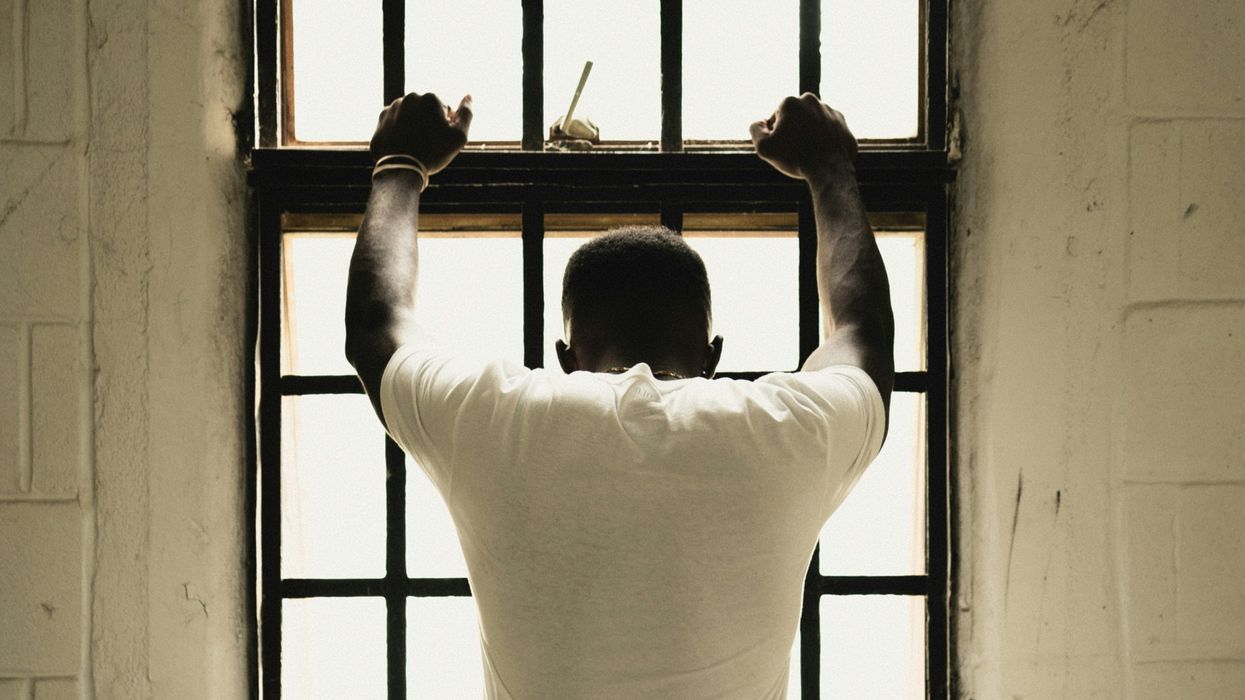 man in white t-shirt standing in front of windowPhoto by
man in white t-shirt standing in front of windowPhoto by 